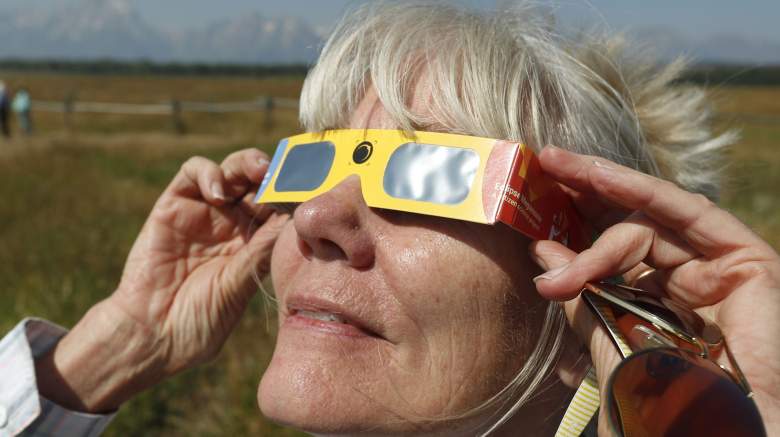
Thousands of people are expected to flock to North Georgia for a prime viewing of the solar eclipse.
For Georgia residents wondering if they will be able to see the solar eclipse, there is a good chance you will. According to the Atlanta Journal Constitution, North Georgia is not only the best part of the state to watch the eclipse, but will offer one of the clearest views in the country.
Blairsville and Clayton are two northern Georgia cities that will offer the best views. NASA notes Black Rock Mountain State Park is the best part of the state to watch the eclipse. According to WSBTV 2, the following cities are also expected to see at least some of the eclipse: Athens, Atlanta, Augusta, Carrollton, Clayton, Conyers, Gainesville, Macon, Marietta, Rome and Roswell.
Here is a detailed timetable for each of these cities:
https://twitter.com/GAFollowers/status/897563721232515072/photo/1
Maps of the World list the following cities as the best places in Georgia to watch the eclipse: Blairsville, Clayton, Cleveland, Cornelia, Dillard, Gumlog, Hartwell, Hiawassee, McCaysville, Rabun Gap, Royston, Sky Valley, Tallulah Falls and Toccoa.
NASA offers a detailed interactive map showing the eclipse trajectory. Click here to check out the map, and zoom in on where you live to see when you can view the eclipse. Time is listed in UT, and you will need to add four hours to the time on the map to get the Eastern equivalent.
If you live in Atlanta, check out this video breaking down the details
According to the Atlanta Journal Constitution, the partial eclipse begins in Atlanta at 1:05:51 p.m. Eastern with the max eclipse occurring at 2:36:46 p.m. The partial eclipse ends at 4:01:54 p.m.
Those wishing to travel to North Georgia to get a clear eclipse view will want to allow plenty of time for traffic. This is especially true for those living in the greater Atlanta area as people are expected to pass through the city on their way to view the eclipse.
Some of the prime viewing options are in very small towns who do not have large roads to accommodate the influx of people. WSB’s Doug Turnbull details the traffic nightmare that could occur.
Gridlock is nearly an everyday occurrence on the Atlanta roads – but gridlock is not daily on North Georgia’s mountain roads. And many drivers taking to the North Georgia mountains for this rare eclipse glimpse are not regulars.The exodus to and back from the mountains will certainly cause delays and maybe quite a bit. But the eclipse itself could cause more delays than you may think on the Metro Atlanta roads, too.
Think about what happens in Atlanta when the time changes. The difference in when the sun rises or sets or where it shines and at what angle has a noticeable effect on traffic. When the days get shorter and darkness sets in before 6 p.m., more wrecks occur and people drive with less comfort, meaning traffic just simply moves more slowly. When the sun rises later and shines directly in drivers’ eyes on I-20, I-285, or I-75 on the west and north sides of town, that damages traffic (and maybe some unshaded retinas) as well.
Seeing a piece of history could make it worth bearing through additional traffic.
